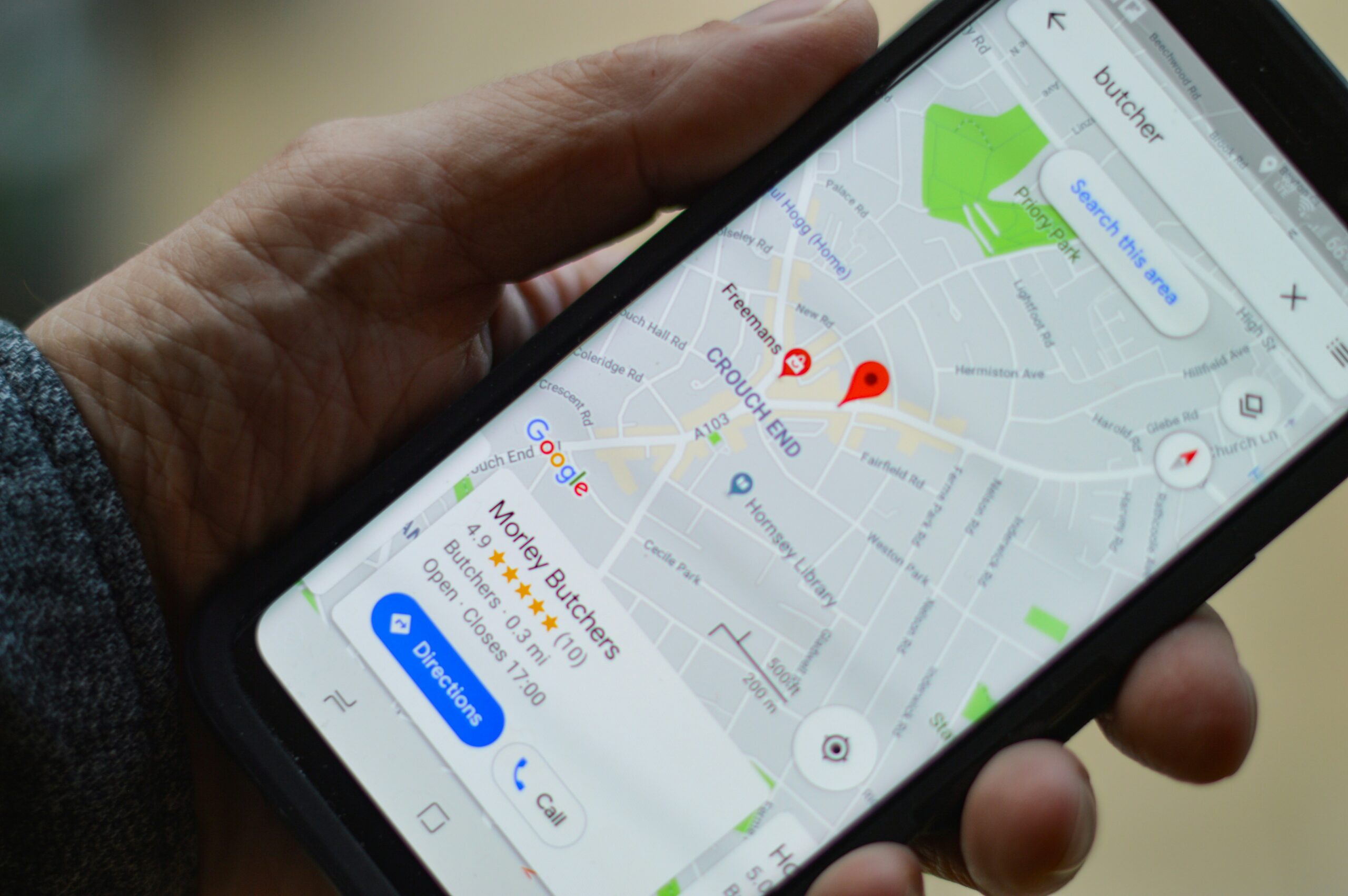In the world of marketing, two common terms you’ll hear are “lead generation” and “demand generation.” While these phrases are often used interchangeably, they actually represent distinct strategies — and both play crucial roles in driving business growth.
Understanding the difference between lead generation and demand generation is essential for digital marketers aiming to create effective campaigns tailored to their specific goals and target audience.
Want to learn more? Read on for all you need to know about these ways of working and how you can harness both to get the best results.
Lead generation: capturing potential customers
If you work in any kind of marketing, sales, or business, you’ll likely have come across the term “leads”. Essentially, a lead is a potential customer or sale, and lead generation is the process of gaining their interest.
Lead generation explained
Lead generation refers to the process of identifying and capturing potential customers who have shown interest in a company’s product or service. It involves initiating customer inquiries and converting them into actionable leads. The primary objective of lead generation is to gather contact information — such as email addresses or phone numbers. Businesses can then use those contact details to build a rapport with (or ‘nurture’) the lead and eventually convert them into a customer.
Methodologies of lead generation
Lead generation encompasses a range of methodologies. Traditional methods include offline advertising, direct mail campaigns, and telemarketing.
In the digital realm, you might find success through lead generation techniques such as:
- Content marketing
- Social media marketing
- Search engine optimisation (SEO)
- Pay-per-click (PPC) advertising
These strategies all aim to attract potential customers, capture their information through landing pages or lead forms, and subsequently engage them with targeted marketing efforts.
Benefits of lead generation
Lead generation campaigns are pivotal for expanding business prospects by capturing the interest of potential customers. By identifying and engaging with individuals who have shown interest in your offerings, lead generation efforts build a pool of potential buyers.
Consequently, when these leads progress through the buying journey, they are primed for conversion due to the consistent touchpoints and valuable insights provided. Lead generation is the key to building a robust pipeline of potential customers and ensuring a steady influx of interest in a company’s products or services.
Demand generation: Creating and cultivating interest
In contrast, demand generation analyses consumer needs and looks at how more awareness can be driven to your product or service with the aim of this awareness translating into leads.
Demand generation explained
Demand generation focuses on creating awareness, generating interest, and ultimately, stimulating demand for a company’s products or services. Unlike lead generation, which primarily focuses on capturing potential customers, demand generation aims to engage a broader audience and build brand awareness. The objective is to cultivate interest and educate potential buyers throughout the customer journey, ultimately leading to increased sales.
Demand generation techniques
Demand generation strategically fosters awareness and interest in a company’s products or services, creating a consistent pipeline of potential customers.
Through targeted marketing campaigns, educational content, and thought leadership initiatives, demand generation not only attracts new prospects but also nurtures existing leads, ensuring they remain engaged throughout the buying journey.
These techniques could include content marketing (benefits both demand and lead generation), social media engagement, influencer marketing, webinars, events, and thought leadership pieces are some of the strategies commonly used in demand generation. These methods focus on generating interest and educating the target audience about the benefits, value, and unique selling points of the company’s offerings.
As a result, businesses benefit from increased brand visibility, deeper customer relationships, and a sustainable foundation for long-term revenue growth.
Lead generation vs demand generation: bridging the gap
While lead generation and demand generation serve distinct purposes, they are not mutually exclusive. In fact, the two strategies work hand in hand to achieve marketing success. Demand generation initiatives create brand awareness, capture a wider audience, and generate interest. Lead generation efforts, on the other hand, focus on converting interested prospects into leads and guiding them through the sales funnel.
Collaboration for optimal results
By aligning lead generation and demand generation strategies, you can maximise the effectiveness of their campaigns. Integrating lead capturing mechanisms within demand generation efforts ensures that interested prospects are seamlessly transitioned into the lead nurturing process. This collaboration allows businesses to capture a wider audience, engage with them throughout their customer journey, and convert them into loyal customers.
High-quality leads with Narwhal Media Group
At Narwhal Media Group, we’re not just experts in lead generation; we’re specialists in tailoring strategies for specific niches. We take pride in our deep expertise in generating high-quality leads in the areas of home, health, wealth, and business. Each lead we deliver is a testament to our dedication and the excellent return on investment we offer.
Our unique approach ensures that while we’re capturing and nurturing potential customers in these specialised sectors, we’re also utilising demand generation techniques to spark interest in your business among a broader audience.
Reach out to us to discover how our specialised knowledge in home, health, wealth, and business leads can truly elevate your business’s potential. Let’s achieve excellence together.
ACCREDITATIONS







